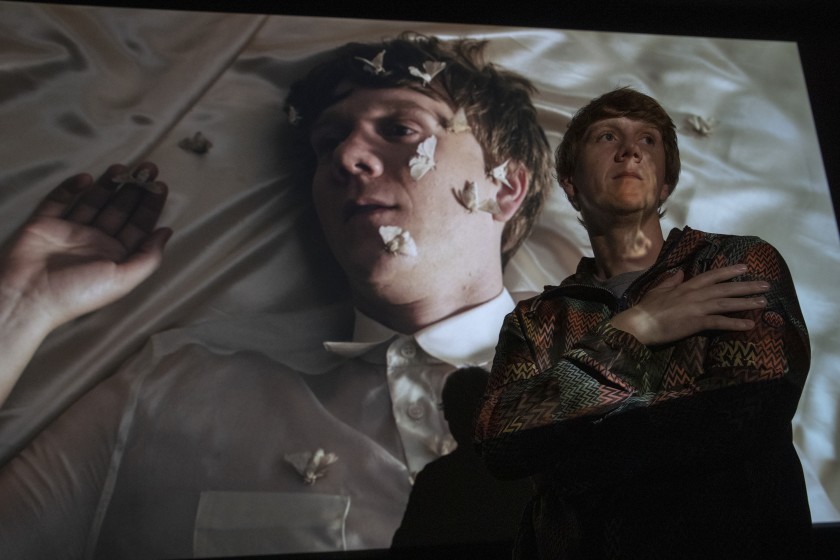Josh’s Gonna Josh
Everything’s Gonna Be Okay returned to Stan last week, and we all know what that means: loads of articles scattered across the internet all valiantly skirting around the fact that Josh Thomas makes television that’s basically just a human version of that fish tank C31 used to broadcast for hours at a time in Melbourne.
He’s said it himself: he’s not overly interested in character development, he’s not particularly interested in story. When you’re making television in the 21st century, that really doesn’t leave a whole lot to work with. Sure, things happen in Everything’s Gonna Be Okay, just like they did in Please Like Me; people bounce around like hyperactive children, then someone gets sad, then a relationship ends but the other character hangs around – awkward – then someone dies. Animals are cute!

Sometimes a television series (or a movie, or art in general) can feel obtuse and unsettling in the way they portray people and relationships and yet still succeed because underneath there’s a basic understanding of how human beings work. Thomas’ work is the opposite. It feels like television made by someone who doesn’t actually care about other people beyond a handful of surface attributes, serving up a collection of characters who aren’t quite cliches (because Thomas does seem interested in certain kinds of relations – basically, his characters act like shits but want to be liked) but never really seem to exist in three dimensions.
He can get away with this because he makes shows focused on self-centered young people; twenty-somethings in Please Like Me, teens in Everything’s Gonna Be Okay. These aren’t overly realistic depictions of young people, but they are realistic depictions of how young people think about themselves – which is to say obsessively, while also desperately wanting to make connections with other people that they deeply care about but often don’t treat like real people.
Much like trying to make friends with your average teen, Thomas’ shows requires the audience to do all the hard work. They’re entirely about living in a bubble filled with feelings, like a twee band’s sunny day music video or a YouTube edit of all the big emotional moments from a reality show. It’s up to you to project onto the characters enough depth to make them worth caring about (okay, the actors do a lot of work here too); his characters are too busy with themselves to give a shit about you.
If you’re on Thomas’ wavelength – and going by the ratings, nobody is – then this is a full body-plunge into a cosy world where nothing matters except for a handful of things that matter so much you can hardly stand it. For everybody else, much like actually being a teenager, it’s kind of embarrassing and limited. Even teenagers don’t want to watch shows about (real) teenagers; if you can’t remake The OC at least remake Gossip Girl.
In recent years the boundary between comedy and drama has pretty much dissolved, and not in the old “this comedy’s having a dramatic moment” way. But Everything’s Gonna Be Okay seems to exist somewhere beyond even that, treating dramatic moments like jokes – something you drop in out of nowhere for impact and then move on.
And as for the jokes… yeah, we’ll get back to you on that.
